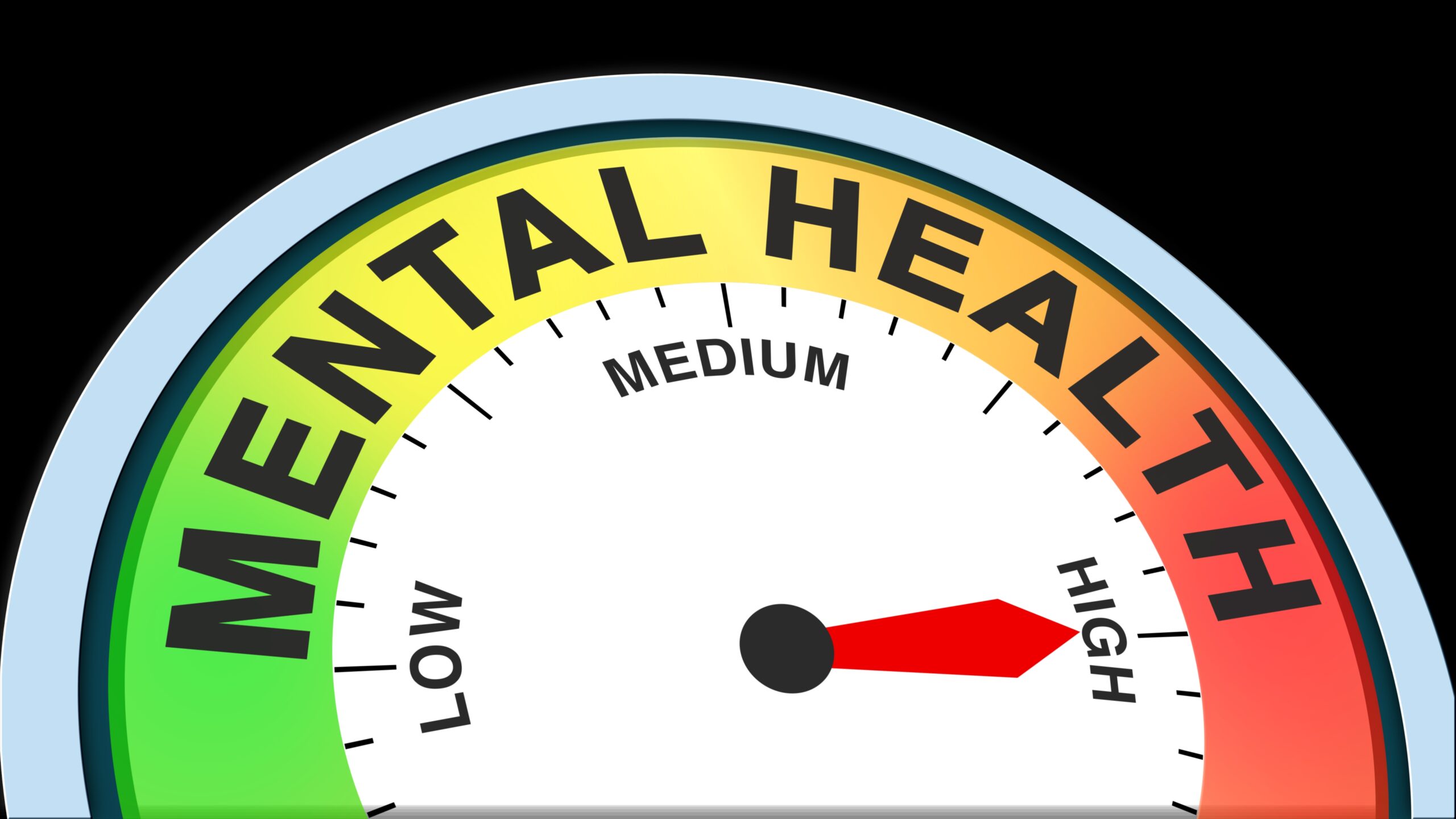In the chaos of to-do lists, emails and daily responsibilities, it’s easy to forget to pause and ask yourself the most important question: How am I, really? A regular mental health check-in is a simple, powerful tool to help you stay grounded, manage stress before it spirals, and reconnect with what you need — mentally, emotionally and physically. This guide gives you five easy questions to ask yourself every week, plus tips on how to make check-ins a habit that actually supports your wellbeing.
Outline
- Why Weekly Check-Ins Matter
- How to Make Time for Your Check-In
- The 5 Questions to Ask Yourself
- How to Use Your Answers (Without Overthinking)
- Final Thoughts: Small Questions, Big Shifts
Why Weekly Check-Ins Matter
Your mental health is always shifting — based on stress, sleep, hormones, environment, relationships, and more. A weekly check-in helps you:
- Spot patterns in mood or behaviour
- Catch burnout, anxiety or low moods early
- Reflect on what’s working (and what’s not)
- Stay in touch with your inner world
- Make more intentional choices
Think of it like a tune-up for your mind — nothing dramatic, just honest awareness.
How to Make Time for Your Check-In
You only need 5–10 minutes. Try:
- Sunday evenings (a reset before the new week)
- Friday afternoons (reflect before the weekend)
- First thing Monday (start with intention)
- During your lunch break or commute
- Right before bed, paired with journalling or tea
Use a journal, notes app, voice memo — whatever feels natural to you.
The 5 Questions to Ask Yourself
1. What emotions have been most present for me this week?
Try not to overthink. Just name them.
e.g. “Anxious, hopeful, drained, calm, irritable.”
Labelling emotions helps you make sense of them — and take steps toward balance.
2. What has felt good lately — even if it was small?
Mental health isn’t just about spotting struggles. It’s also about noticing joy.
A good coffee? A walk that cleared your mind? A win at work?
Even tiny sparks matter — this builds gratitude and momentum.
3. What’s felt heavy, hard, or draining?
Be honest — no judgement.
“Too many late nights.”
“A conversation I’m still replaying.”
“The pressure to keep up.”
Noticing this helps you identify what to change, limit, or release.
4. What do I need more (or less) of next week?
This turns reflection into action.
More sleep? Less screen time?
More boundaries? Less pressure?
Set one small intention based on your answer — and keep it doable.
5. Who or what has supported me lately?
Connection is part of wellness. Recognising support reminds you that you’re not alone.
A kind message? A pet? A podcast that felt like a hug?
Support shows up in many forms. Acknowledge it.

How to Use Your Answers (Without Overthinking)
- Don’t try to fix everything at once — just notice.
- Use your answers to set one small goal for the week ahead.
- Track patterns over time (especially mood or energy changes).
- Share with someone if it feels right — a therapist, friend, or journal.
You don’t need deep insights every time. Just showing up is powerful.
Final Thoughts: Small Questions, Big Shifts
Checking in with yourself isn’t indulgent — it’s smart, grounded, and sustainable.
It’s how you learn to:
- Spot burnout before it takes over
- Celebrate quiet wins
- Make space for your needs
- Stay connected to you
You don’t need to wait until you’re struggling to pay attention. You can start now — gently, consistently, kindly.








